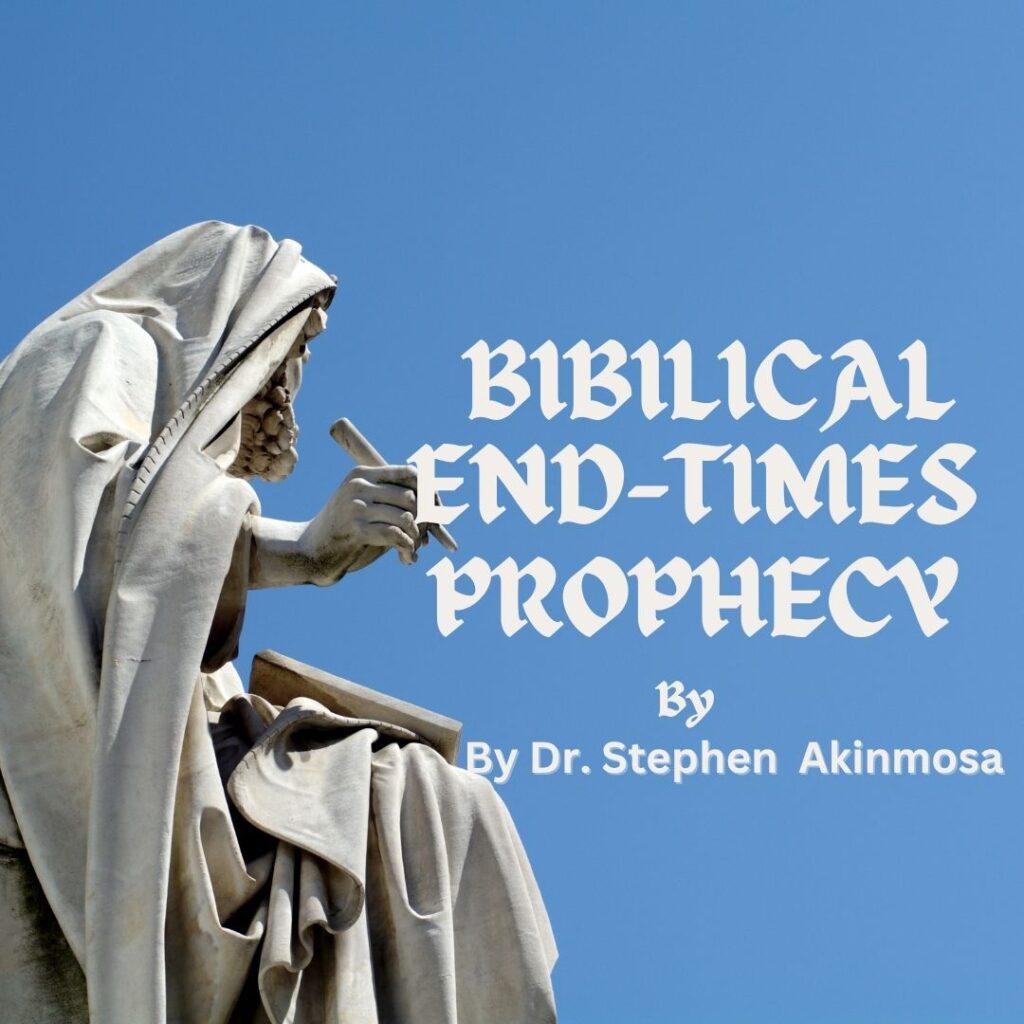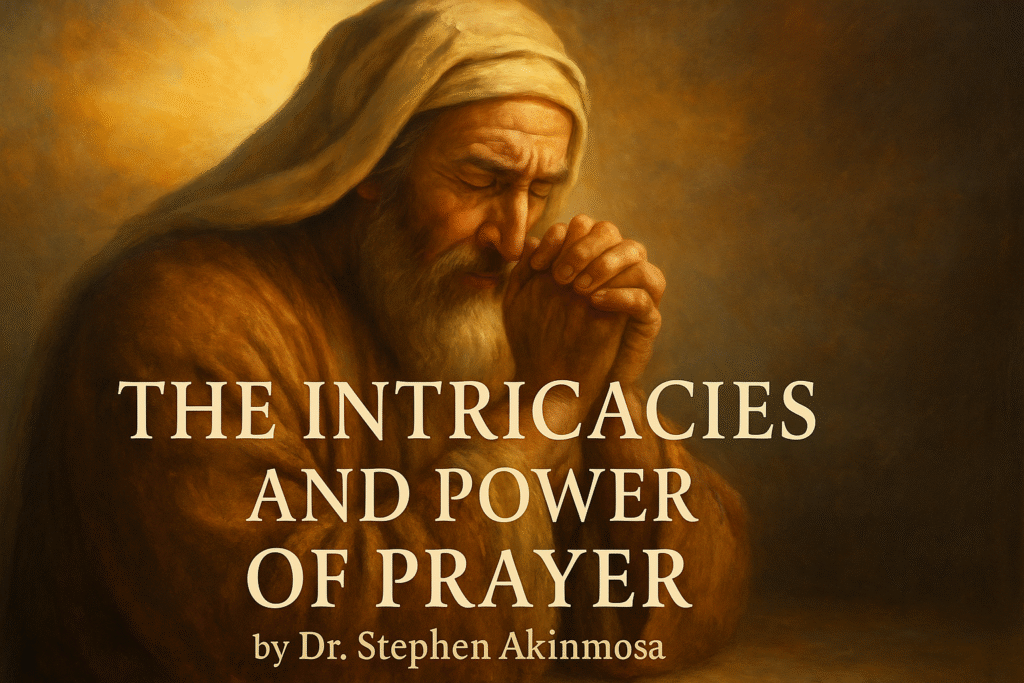Navigating the Intersection of Spirituality and Mental Health in Counselling
2 Timothy 1:17 NIV, states that “For God has not given us a spirit of fear, but of power and love and a sound
mind.” The verse reassures clients that fear and anxiety do not come from the divine, and instead highlights the
gifts of power, love, and mental soundness, which can be drawn up in healing and counselling processes. It
serves as a source of hope and encouragement at the intersection of spirituality and mental well-being.
This month, our topic addresses the issue of the intersection of spirituality and mental health in Counselling, as
critical to providing holistic and person-centred care. Spirituality often forms a core part of clients’ identity and
can deeply influence their mental well-being, coping strategies, and views on healing. Integrating spirituality
sensitively within mental health counselling enhances therapeutic effectiveness and respect for clients’ values.
Spiritual counselling refers to an individual’s personal sense of meaning, connection to something greater than
oneself, and engagement with beliefs or practices that foster inner peace. Isaiah 26:3 says, “You will keep in
perfect peace those whose minds are steadfast because they trust in you.” This scripture highlights the
profound inner peace that comes from spiritual trust and connection to God, which is central to Spiritual
Counselling.
Spirituality is often a fundamental aspect of a client’s identity, shaping their mental well-being, coping
mechanisms, and perspectives on healing. By thoughtfully incorporating spirituality into mental health
counselling, therapists can boost the effectiveness of treatment while honouring clients’ values and beliefs.
A client’s spiritual perspective can significantly influence their experience of mental health challenges like
anxiety, depression, grief, or trauma. By acknowledging and respecting their spiritual resources, such as prayer
meditation, or community support, counsellors can tap into these strengths and incorporate them into these
strengths into a holistic treatment approach.
Navigating the intersection of spirituality and mental health requires careful consideration of potential
challenges. For instance, spiritual beliefs can sometimes exacerbate psychological distress, particularly if
clients experience spiritual struggles, guilt, or feelings of abandonment. Furthermore, counsellors may differ in
their comfort level and training when it comes too discussing spirituality, which, can lead to either overlooking
valuable client resources or imposing their own beliefs.
Effective counselling practice incorporates several key approaches to bridging spirituality and mental health:
Spiritual Assessment: In the initial stages of therapy, counsellors can gently inquire about clients’ spiritual
backgrounds, values, and practices to gain a deeper understand of how these elements impact their mental
well-being and therapeutic objectives.
Respectful Dialogue: By providing a non-judgmental environment where clients feel comfortable exploring
their spiritual concern and resources, therapists can foster a stronger therapeutic bond.
Integration with Therapeutic Techniques: Integrating mindfulness, meditation, or values clarification that
align with clients’ spiritual perspectives can enhance engagement and can enhance engagement and coping
mechanisms
Referral and Collaboration: Counsellors can work alongside spiritual leaders or involve spiritual care
specialists as need, providing clients with holistic support that addresses their emotional and spiritual needs
Ongoing Professional Development: Counsellor who receive training in cultural and spiritual competence
are better prepare to understand and work effectively with clients from diverse spiritual backgrounds,
acknowledging the complexities and nuances that come with it.
Thoughtfully integrating spirituality into mental health counselling, professionals support clients in finding
deeper meaning, hope, and resilience. This approach acknowledges the whole person, facilitating healing that
embraces both mind and spirit. As awareness grows, the counselling field continues to evolve toward more
inclusive, effective practices that honour clients’ spiritual dimensions alongside psychological needs.
The Gospel according to John 14:27 offers reassurance, “Peace I leave with you; my peace I give you. I do not
give to you as the world gives. Do note let your hearts be troubled and do not be afraid”. The scripture
emphasises the unique and comforting peace imparted through spiritual connection, surpassing worldly
understanding, a key element in fostering mental well-being through spiritual counselling.
Next edition … Mental Health Counselling…
MINISTER EVELYN MAISVOREVA – OCTOBER 2025 EDITION







